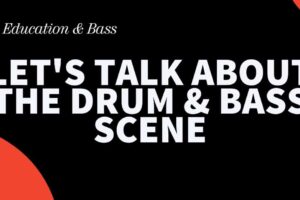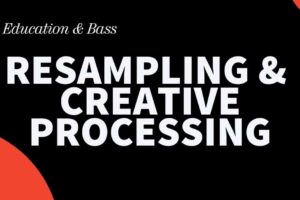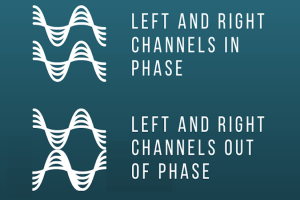RSL Grade 3
RSL Grade 3
Topics Covered: Interpreting the functions of studio hardware, digital protocols, analogue connectivity, computer memory and storage, microphones, using loops, the MIDI protocol, dynamic processing, frequency.
Genres: Reggae, Soul
Theory (25% of overall grade)
At Grade 3 the theory content covered will include subject areas such as interpreting the functions of studio hardware, digital protocols, analogue connectivity, computer memory & storage, microphones, using loops, the MIDI protocol, dynamic processing and frequency.
At Grade 3 candidates will be expected to:
- Interpret functions of a mixing desk, to include gain, EQ, auxiliaries, faders, pan
- Interpret and identify digital transfer protocols, including their relative data transfer rates, including USB, Thunderbolt, MADI, SPDIF, ADAT
- Interpret analogue connections and their purpose, to include XLR, ¼” Jack, Mini Jack, Phono/RCA, D-Sub
- Interpret the purpose and advantages of computer systems, to include RAM, Hard Disks, Solid State Drives, including choosing the appropriate option in relation to data transfer rates
- Interpret appropriate use for DAW functions, to include templates, markers, bounce, piano roll / MIDI editors, quantise
- Briefly explain what a microphone is for and how it works
- Briefly explain the creation, use and advantages of audio loops
- Understand MIDI, including what the acronym stands for, what it is, and how it works from a user perspective
- Interpret and briefly explain audio technology, including compression, limiting, gating, expanding
- Understand frequency, including its units of measurement, the difference between Hz and kHz, human hearing range
Listening Test (15% of overall grade)
The listening test will present candidates with questions relating to sonic fidelity, music theory and harmony and stylistic awareness. Audio files will be presented to the candidates and questions will relate specifically to the relevant audio file. This will assess the candidate’s ability to hear and interpret:
Sonic Fidelity
Distinguishing between mono and stereo recordings and hearing different stereo widths.
Music Theory & Harmony
Identifying major, minor and blues scales and eighth note triplets.
Stylistic Awareness
Identifying specific genres.
At Grade 3 candidates will be expected to:
- Identify the difference between Mono and Stereo recordings
- Identify the difference between Mono and Stereo mixes
- Identify differences in stereo width
- Identify major, natural minor and blues scales
- Identify eighth note triplets in 4/4
- Identify common Western music genres from a choice of two: reggae and soul
Practical Assessment (60% of overall grade)
The Coursework Task combines:
Technical Skills
At Grade 3 the technical skills will centre around creating audio loops from provided material.
Coursework Task
The candidate will be presented with a situation and must choose and implement appropriate technique to resolve the scenario. At Grade 3 the scenario will require candidates to programme a simple backing track using a set chord structure. Therefore candidates must be confident in creating chords in the key of C major and G major.
Candidates must complete the Coursework Task before their exam and will be asked to upload the Task and the screen shots specified in the Coursework Task, during the exam. The completed session files must be appropriately named, saved and shared with your examiner as instructed, including all associated audio files. It is vital that candidates are able to accurately save their work as failure to do so will result in an unclassified mark.
Candidates will need to answer questions regarding the Task during the exam. These will focus on:
- The skills used to complete the Task
- How candidates approached the professional nature of the Task
- How candidates interpreted the creative elements




